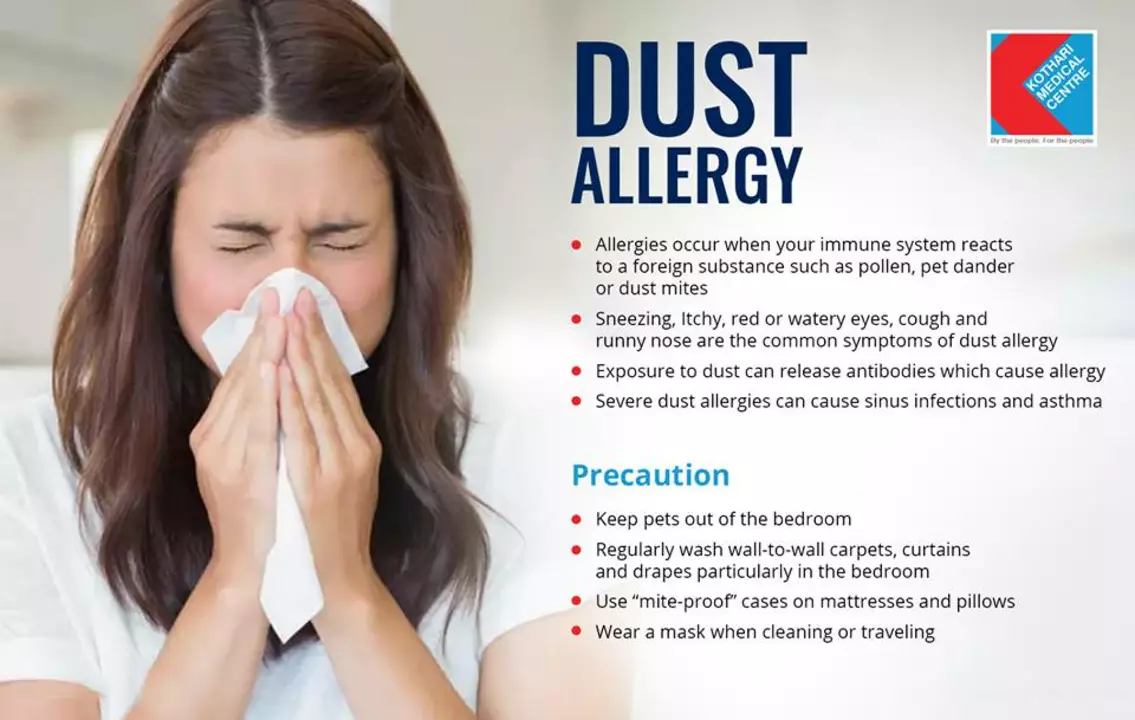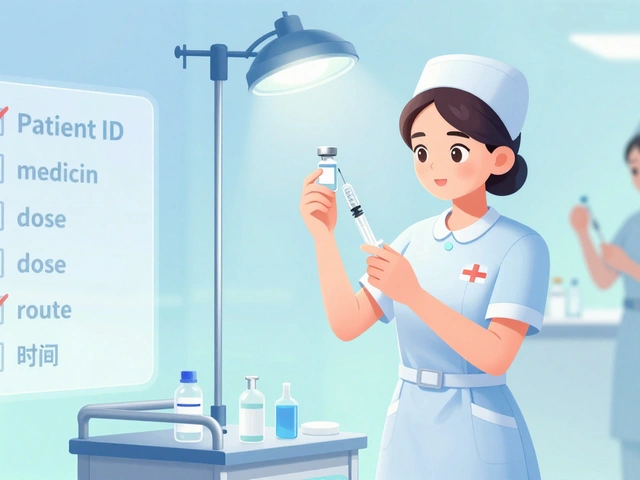Insomnia in Older Adults: Safer Medication Choices
February 3 2026Allergy prevention: simple habits that really help
Sneezing, itchy eyes, or daily congestion don't have to be your normal. Small, targeted changes at home and on the go can cut symptoms a lot. Below are clear, practical steps you can use right away—no fancy gear, just common-sense fixes that work.
Cut exposure: the most effective first step
Start by finding what sets off your allergies. Pollen, dust mites, pet dander, mold, food, and insect stings are the usual suspects. For seasonal pollen, check local pollen counts (many weather apps show them) and keep windows closed on high-pollen days. Shower and change clothes after being outside—pollen sticks to hair and fabric.
Indoors, aim to reduce dust mites and pet dander. Wash bedding weekly in hot water (130°F / 54°C if possible). Use allergen-proof mattress and pillow covers. If you have pets, keep them out of the bedroom and bathe them weekly when your vet says it’s safe. Replace heavy drapes and wall-to-wall carpet in bedrooms if you can; hard floors and washable rugs are easier to keep allergen-free.
Mold likes damp places. Fix leaks fast, dry wet spots within 24–48 hours, and run a dehumidifier in basements or bathrooms to keep humidity around 30–50%. Use kitchen and bathroom fans when cooking or showering.
Smart use of meds and tools
Over-the-counter antihistamines like cetirizine, loratadine, and fexofenadine work well for sneezing and itching—pick the one that causes the least drowsiness for you. Nasal steroid sprays (fluticasone or budesonide) are better for nasal congestion and inflammation; they take a few days to reach full effect, so use them regularly if needed. For itchy eyes, ocular antihistamine drops bring quick relief. Saline nasal rinses help clear mucus and reduce irritants.
For severe or persistent symptoms, talk to an allergist about immunotherapy (allergy shots or sublingual tablets). These treatments change how your immune system reacts and can reduce symptoms for years. If you travel or need refills, pack meds in original packaging, bring a copy of prescriptions, and use trusted pharmacies or discount apps to save money—our site has guides to help you find reputable online pharmacies and coupon apps.
Know when to seek help: get immediate care for trouble breathing, swallowing, or signs of anaphylaxis. See your doctor if OTC meds don't control symptoms after a couple of weeks or if symptoms interfere with sleep or daily life.
Pick a couple of the items above and try them this week—wash your sheets, run a HEPA vacuum, or start a nasal rinse. Small steps add up fast, and you’ll likely notice fewer flare-ups within days to weeks.
 12 May
12 May
Tips for Managing Allergic Disorders in College
Managing allergic disorders in college can be challenging, but with a few helpful tips, it becomes more manageable. First, always make sure to carry necessary medications and inform close friends and medical staff about your allergies. Second, maintain a clean living space to reduce allergens. Third, pay close attention to your diet and avoid known allergens in the dining hall. Lastly, don't hesitate to seek medical help if you experience severe allergic reactions. With these tips in mind, you can better manage allergies and enjoy a healthier college experience.
Read More...




